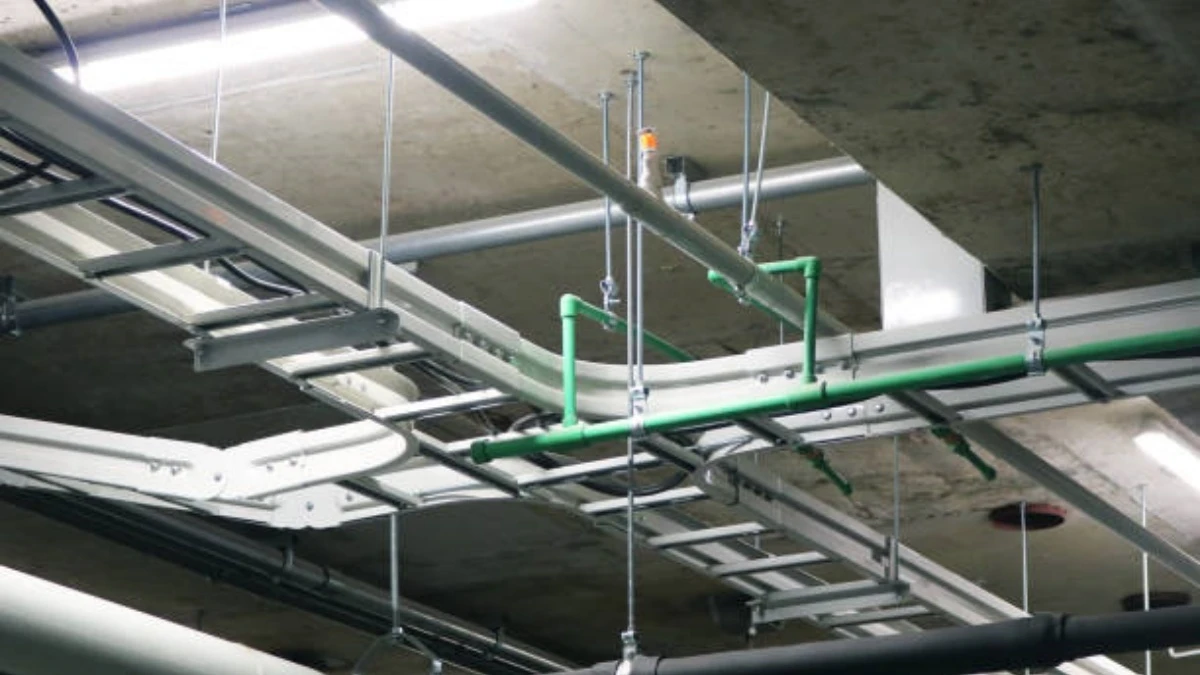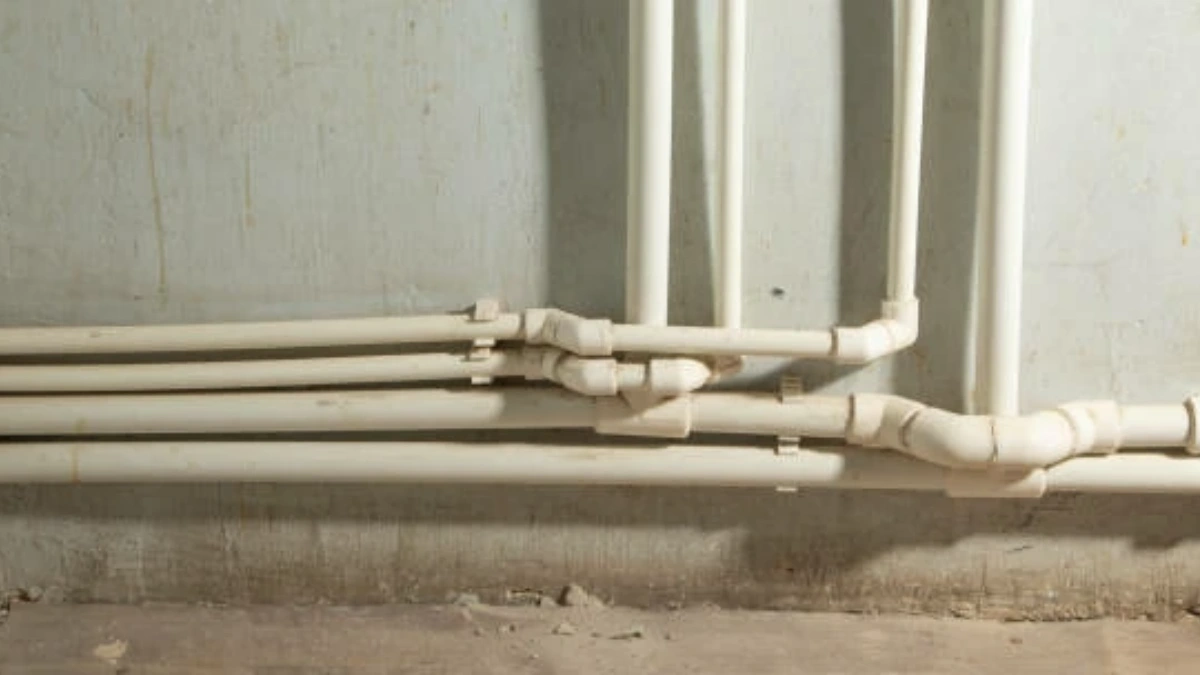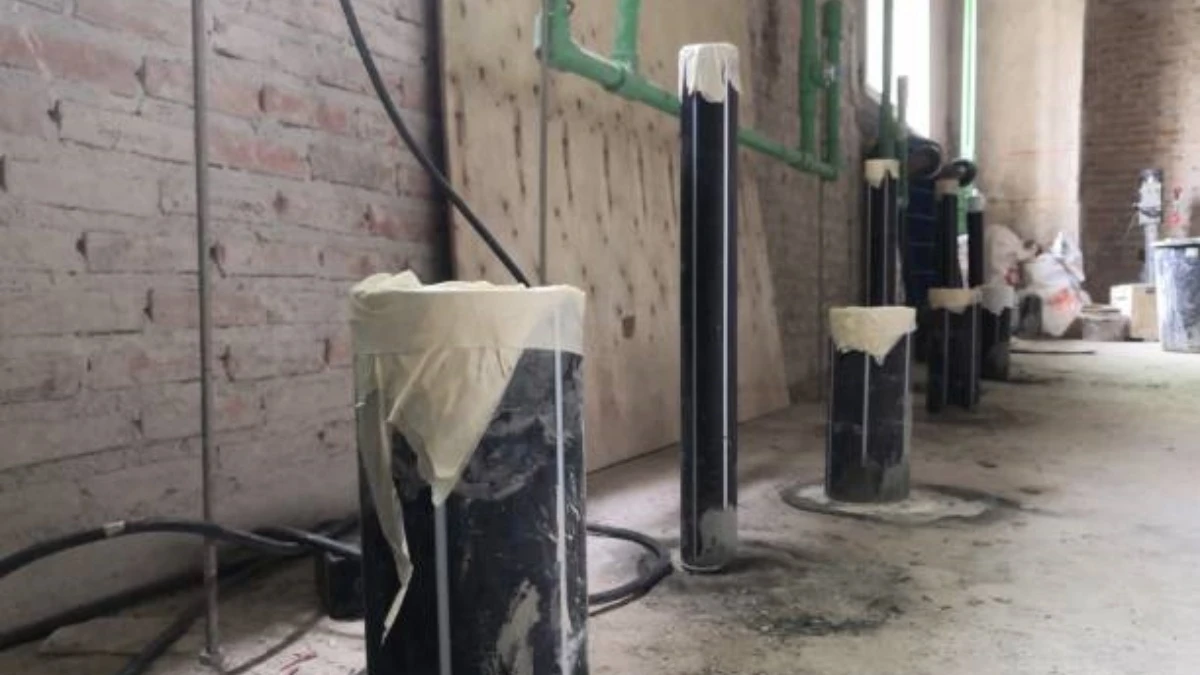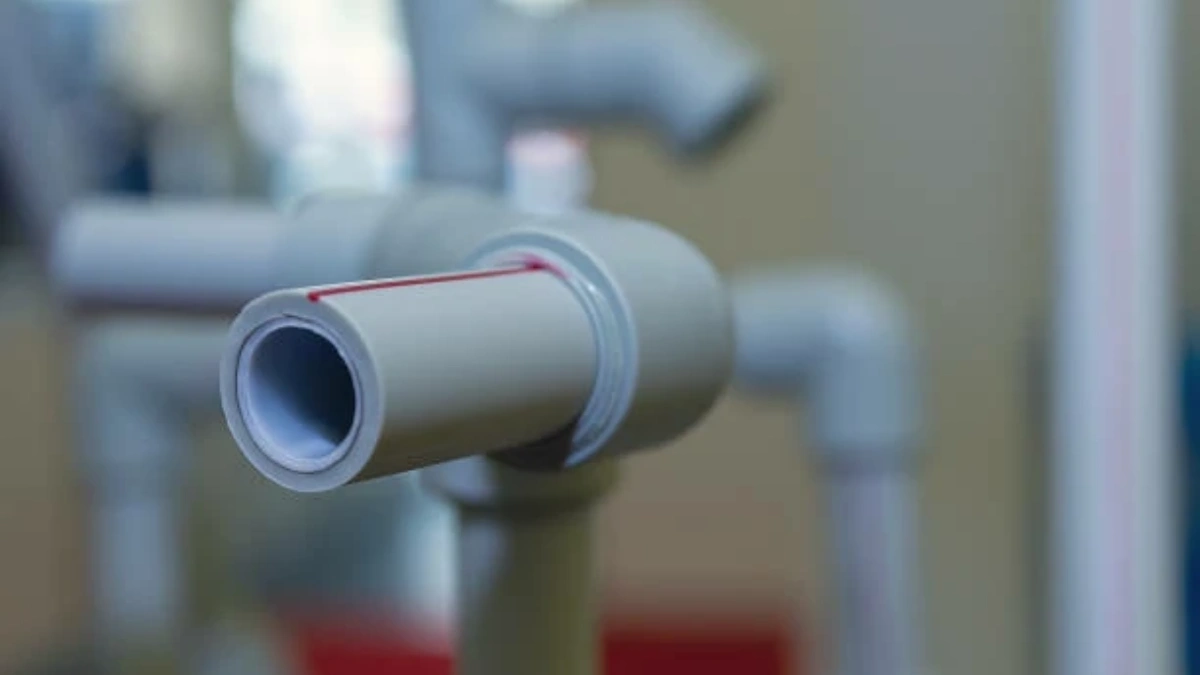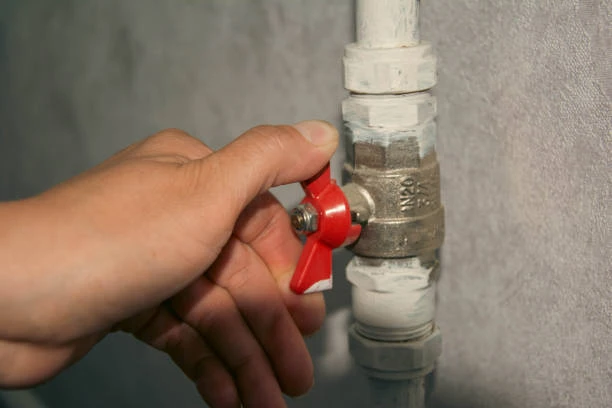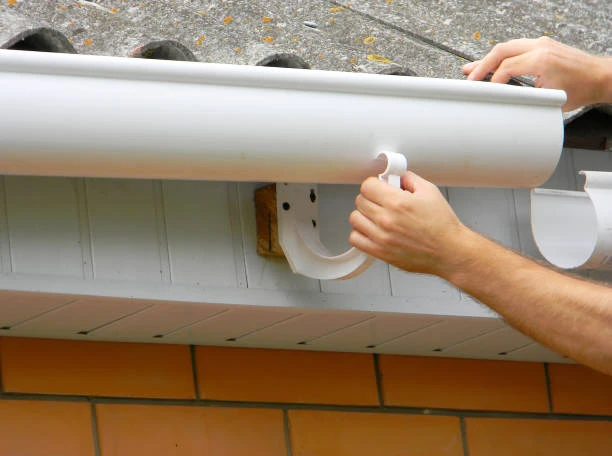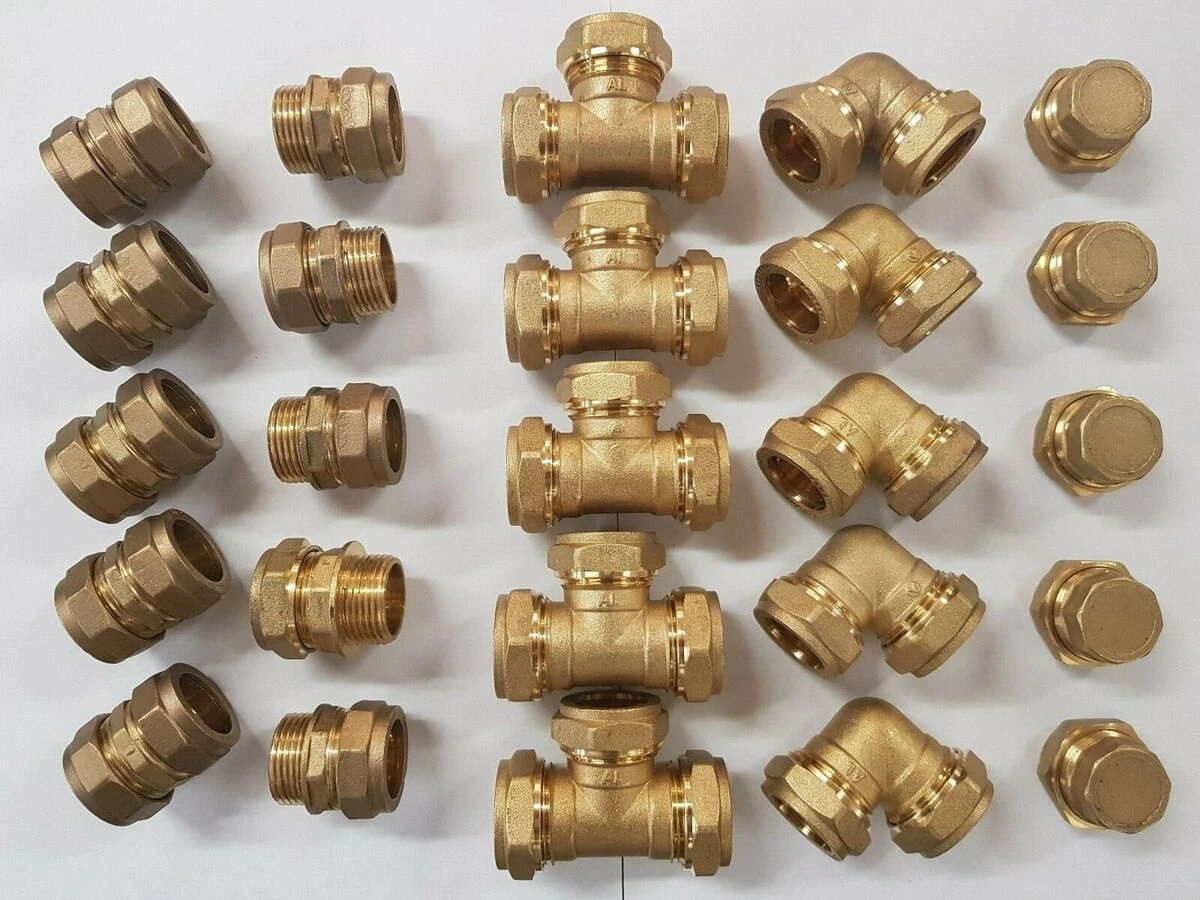Water valves play a critical role in the functionality of plumbing systems, controlling the flow of water in residential and commercial properties. When a water valve malfunctions, it can lead to significant issues such as leaks, reduced water pressure, or even flooding. This article will explore the importance of regular maintenance, common problems associated with water valves, and how to effectively schedule repairs.
Understanding Water Valves
Water valves are mechanical devices that regulate water flow in various applications. They can be found in faucets, toilets, irrigation systems, and water supply lines. The most common types of water valves include:
- Gate Valves: Used to start or stop water flow, ideal for on/off control.
- Ball Valves: Known for their durability and good sealing properties, used in high-pressure applications.
- Globe Valves: Designed for throttling flow and controlling water pressure.
- Check Valves: Prevent backflow, ensuring water flows in one direction.
Why Regular Maintenance is Essential
Regular maintenance of water valves is crucial for several reasons:
- Preventing Leaks: A malfunctioning valve can lead to leaks, which can cause water damage to your property.
- Maintaining Water Pressure: Clogged or damaged valves can result in poor water pressure.
- Extending Lifespan: Routine maintenance can help identify potential issues early, prolonging the life of the valve.
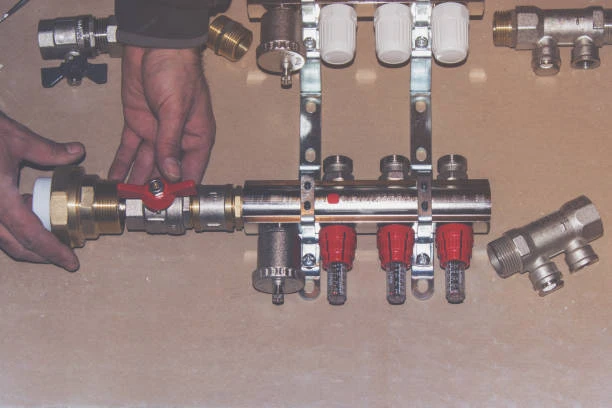
Types of Water Valves
Understanding the different types of water valves can help you identify problems more effectively:
- Gate Valves: Ideal for on/off control, they allow for full flow when open.
- Ball Valves: Known for durability and reliability, these valves are excellent for high-pressure applications.
- Globe Valves: Best for regulating flow, they can control the rate of water flow effectively.
- Check Valves: These prevent backflow, ensuring water flows in one direction, which is vital for preventing contamination.
Common Issues with Water Valves
Despite their durability, water valves can experience a variety of issues:
- Leaks: Often caused by wear and tear, rust, or improper installation.
- Corrosion: Especially in older systems, corrosion can compromise the integrity of the valve.
- Blockages: Dirt and debris can accumulate, obstructing water flow.
- Mechanical Failure: Internal components can fail due to age or excessive force.
Signs That Water Valve Repairs Are Needed
Being aware of the signs that indicate your water valves may need repairs can save you from more extensive damage. Look for:
- Unusual Sounds: If you hear banging or hissing noises, this could indicate a problem.
- Water Stains: Visible water stains around valves suggest leaks that need immediate attention.
- Low Water Pressure: A drop in water pressure can signal a malfunctioning valve.
- Wet Spots: Damp areas on walls or floors can indicate a leak from a valve.
Scheduling Water Valve Repairs
If you suspect a problem with your water valve, it’s essential to schedule repairs promptly. Here are the steps to follow:
- Identify the Problem: Look for signs such as water stains, reduced water pressure, or unusual noises.
- Turn Off the Water Supply: Before any repair work, ensure the water supply to the affected area is turned off to prevent further damage.
- Contact a Professional: Reach out to a licensed plumber who specializes in water valve repairs. Provide them with as much detail as possible about the issue.
- Schedule an Appointment: Work with the plumber to find a convenient time for the repair, taking into consideration the urgency of the issue.
Choosing the Right Professional
When selecting a plumber for water valve repairs, consider the following:
- Experience: Look for professionals with extensive experience in plumbing and specifically in valve repairs.
- Reviews: Check online reviews and testimonials to gauge customer satisfaction.
- Licensing and Insurance: Ensure the plumber is licensed and insured to protect yourself from potential liabilities.
- Estimates: Obtain multiple estimates to compare pricing and services offered.
Preventive Measures
Taking preventive measures can help avoid future water valve issues:
- Regular Inspections: Schedule periodic inspections of your plumbing system to catch problems early.
- Cleanliness: Keep the area around water valves clean to prevent dirt accumulation.
- Proper Use: Avoid forcing valves beyond their intended use, which can lead to mechanical failure.
Conclusion
Water valve repairs are an essential aspect of home maintenance that should not be overlooked. By understanding the importance of these devices, recognizing common issues, and knowing how to schedule repairs, you can ensure a reliable plumbing system in your home or business. Regular maintenance not only extends the lifespan of water valves but also saves you from costly repairs down the line.
FAQs About Water Valve Repairs
- What are the signs of a failing water valve?
- Common signs include leaks, unusual noises, low water pressure, and visible corrosion.
- How often should I have my water valves inspected?
- It’s recommended to inspect water valves at least once a year or more frequently if you notice any issues.
- Can I repair a water valve myself?
- While minor issues can sometimes be fixed by homeowners, it’s generally best to hire a professional plumber for repairs.
- What causes water valve leaks?
- Leaks can be caused by wear and tear, corrosion, improper installation, or damage to the valve components.
- How long do water valves typically last?
- The lifespan of a water valve can vary, but with proper maintenance, they can last anywhere from 10 to 30 years.








